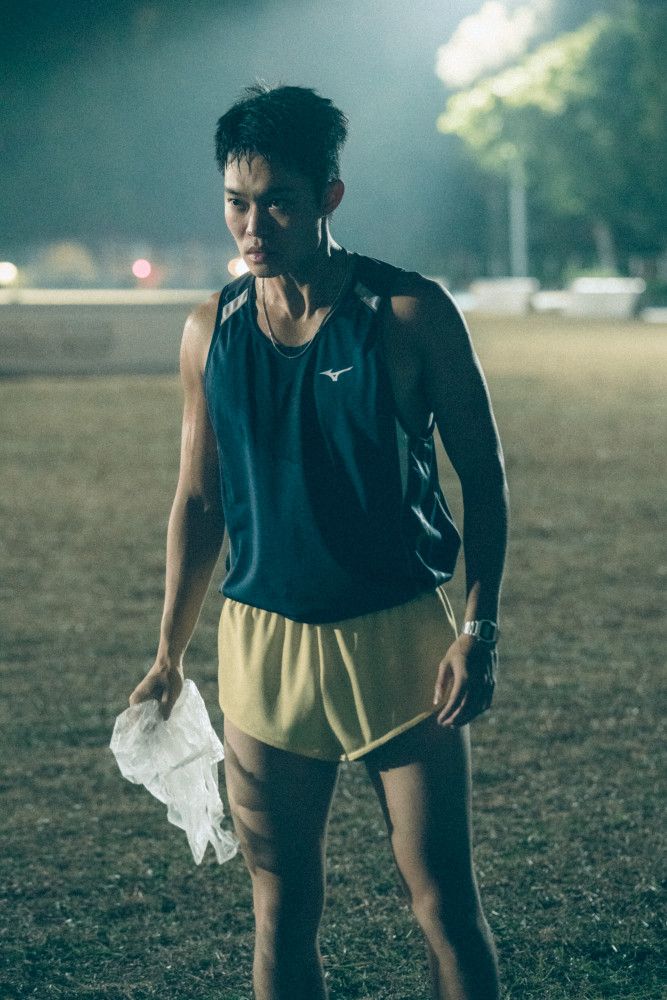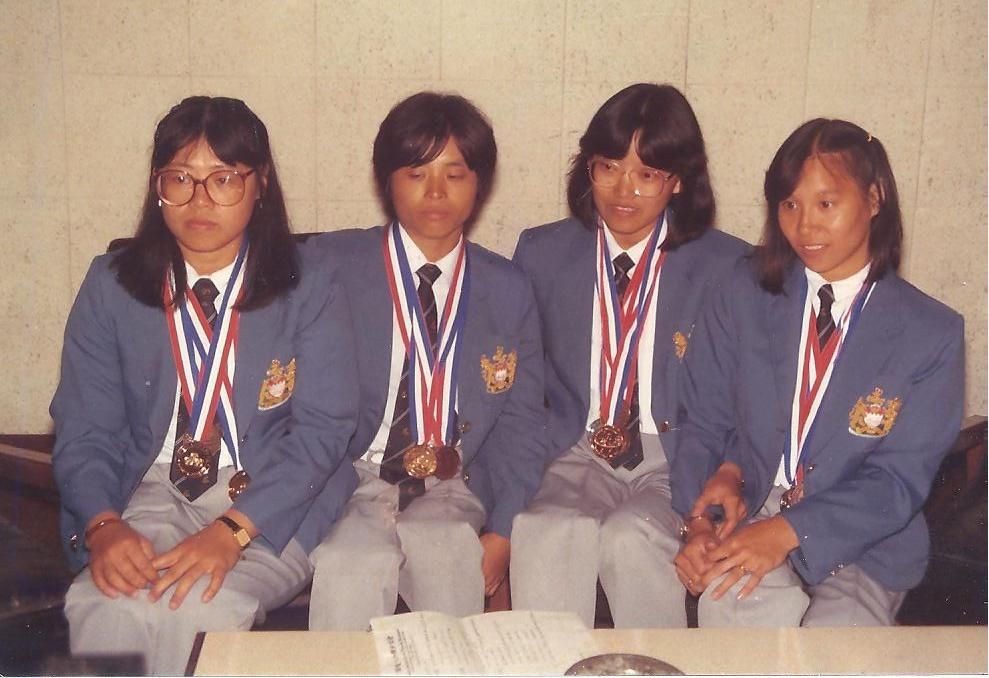‘Zero to Hero’, the film about Para-sprinter So Wa-wai, has ignited Hong Kong’s pride for its Paralympians. But what else should the city know about its incredibly successful track record at the Paralympic Games?
Zero to Hero, a comedy film documenting the life of decorated Hong Kong Paralympic champion sprinter So Wa-wai, has fuelled a fresh wave of interest in and pride for the city’s athletes, whose efforts previously may have been overshadowed by Olympians. When it comes to the Paralympics, Hong Kong has a phenomenally successful track record during its 49-year history at the quadrennial Games. And, after the city’s most successful Olympics ever this year in Tokyo, morale will be high among Paralympians to keep the celebrations going by winning another raft of medals.
See also: Tokyo 2020 Paralympics: 8 Hong Kong Athletes To Watch
From August 24 to September 5, around 4,400 Para athletes from more than 160 countries and territories will compete across 22 sports and within categories that reflect their level of ability. A 21-year career studded with 12 Paralympic medals saw film subject So ascend to become one of Hong Kong’s most competitively successful athletes of all time. In a career spanning from 1996 to his retirement in 2016, So broke five world records and remains the current world record holder for the men’s T36 100m and 200m sprint.
Born with cerebral palsy, So endured a tumultuous start in life before being identified as a running prodigy by the Para-athletic coach Poon Kin-lui: a chance opportunity that would lead to him winning gold in the men’s 4x100m relay at his debut Games in 1996 in Atlanta. The film is the directorial debut of Jimmy Wan Chi-man, who describes the sprinter as “an amazing person”.
“This story tells everyone exactly that losing at the starting line is unimportant. The most important is to know where the finish line is; So Wa Wai and So Ma Ma [So’s mother] are people who lost at the starting line. In the end they succeed, breaking through the finish line to win first place. They have achieved in life.”




